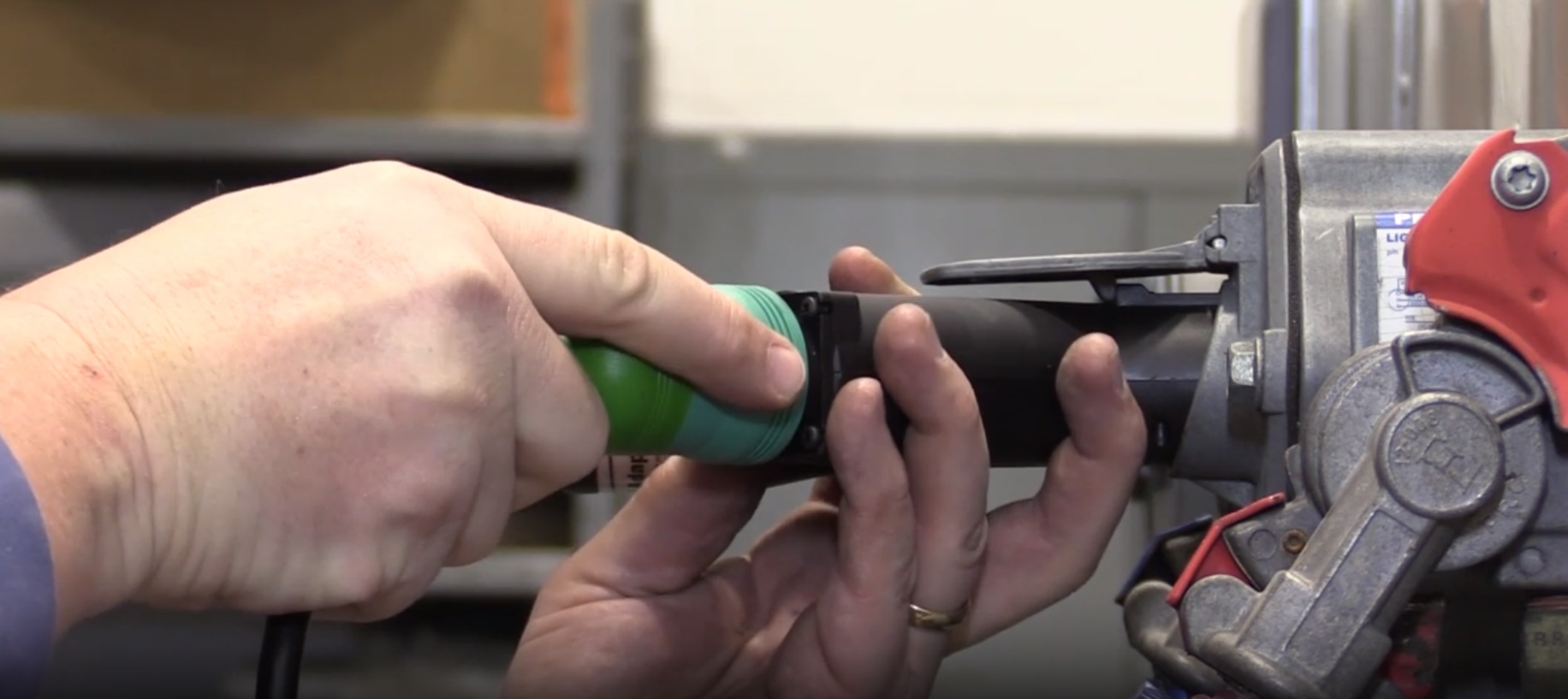The days of lead wheel weights are numbered. While the federal Environmental Protection Agency has been slow to act, a number of state governments – California, Illinois, Washington, Maine, Vermont and New York – have banned the use of lead wheel weights. In addition, similar legislation is pending in Iowa, Wisconsin, Maryland and Rhode Island, with more states likely to follow.
Lead-free wheel weights are less malleable and are not forgiving when applied to flange styles for which they are not designed, so greater importance must be placed on using the right product for the right application.
With the industry in a transitional state, shops need to decide when and how to make the move to lead-free alternatives. For those in the states mentioned above, the decision is easy: make the transition by the legislative deadline or face significant penalties.
Industry professionals recommend shops in remaining states also make the switch to lead-free weights – even though they are not yet legally required to do so – citing several benefits to these dealers’ businesses, including: being able to take the time to make an informed, educated transition; boosting their shops’ reputations by promoting a “green” initiative; and avoiding having to scrap existing lead inventory when the transition eventually is required.
With several manufacturers to choose from, there are plenty of alternatives. And with the cost of alternative zinc and steel weights becoming more in-line with that of traditional lead products, now is a good time to weigh your options.
Legislation History
While the issue is relatively new in the U.S., Japan has been phasing lead out of its vehicles – including wheel weights – since 2001. In 2005, the European Union’s End of Life Vehicle Directive took effect, banning the use of lead in vehicles in Europe.
It was this legislation that was the catalyst for the lead-free wheel weight movement in the U.S., according to Kevin Keefe, vice president of marketing for Hennessy Industries, manufacturer of Bada steel wheel weights.
North American vehicle manufacturers had to decide how they would comply with this new regulation on vehicles exported to the EU. General Motors took the position that it would be more cost effective and efficient to make the switch to lead-free wheel weights on all North American-produced vehicles, rather than maintain separate models or change out wheel weights at the port. GM switched to steel wheel weights across the board, followed by Ford, Keefe says. By the end of 2009, every North American vehicle manufacturer had switched to lead-free wheel weights.
In 2009, the U.S. EPA accepted a petition to begin rulemaking to ban lead wheel weights across the country. Until a national ban is passed, dealers must pay close attention to individual state legislation and penalties. Some examples of fines include: in California there are penalties of up to $2,500 a day for each violation; and in Washington, the first violation results in a fine up to $500 and all subsequent violations receive a fine up to $1,000.
Why the move away from lead? According to the Illinois EPA’s Becky Jayne, lead is toxic to humans, fish and wildlife. When lead wheel weights fall off vehicles onto roadways and are degraded over time, they emit lead dust, which washes away and settles in soil and rivers. The federal EPA estimates that roughly 2,000 tons of lead falls off vehicles annually in the U.S.
Alternative Materials
While manufacturers agree the majority of wheel weights currently used in the U.S. are still lead, all report the landscape is headed toward 100% lead-free alternatives.
Lead-free alternatives used today include steel, zinc and composite materials. Other materials originally studied were found to be unsuitable – bismuth, which proved to be too expensive, and tin, which has too low a density, resulting in a weight that is much too large and with a center of gravity that results in weight chasing and balance accuracy issues.
Each wheel weight manufacturer says its lead-free alternatives resist corrosion – an especially important issue in the case of steel. Why make the non-lead transition early? A handful of wheel weight manufacturer representatives offered final remarks about why dealers should take a proactive approach to the inevitable process – reasons that cover an economical, environmental and business-savvy spectrum.

